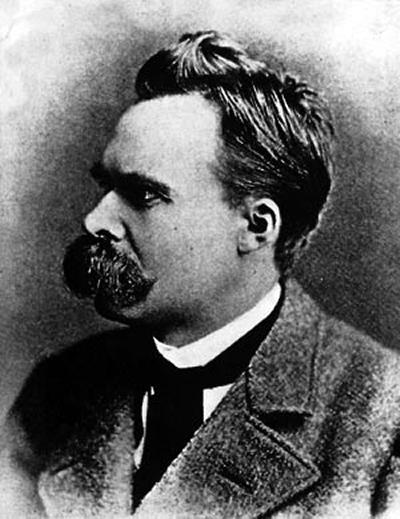Whatever doesn’t kill you only makes you stronger. You might have heard that before, but did you know it's a view often attributed to the German philosopher Friedrich Nietzsche (1844-1900)?

Nietzsche believed that the world is full of suffering and that it lacks any overall purpose or meaning.
However, he thought that our ability to deal with this suffering, to endure hardships and overcome them, is an important and valuable exercise of our power and character. In fact, in summoning the strength to overcome the darkness of the world, we find a way to overcome its meaninglessness, according to Nietzsche. He calls this Dionysian pessimism, after the Greek god of wine, music and partying, Dionysus. So it sounds like you could be a Dionysian pessimist!
But some philosophers have drawn on similar ideas to defend theism. They have argued that God put suffering in the world in order to allow us to learn something valuable from it.
To learn more about this topic, you might like to read Susan Neiman’s Evil in Modern Thought: An Alternative History of Philosophy, or the online Stanford Encyclopaedia of Philosophy entry on ‘The Problem of Evil’.
At Southampton, you can learn about the problem of evil as well as the nature of God, faith and belief as part of the first-year module Faith and Reason. You can also learn more about famous philosophers interested in questions of evil, suffering, and religion on modules such as Existentialism and its Origins, Schopenhauer, Nietzsche, and Kierkegaard. Southampton lecturers with expertise in these topics include Dr. Genia Schönbaumsfeld, Prof. Chris Janaway, Prof. Aaron Ridley, Dr. Alex Gregory, and Dr. David Woods.